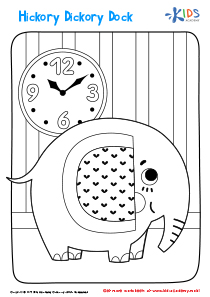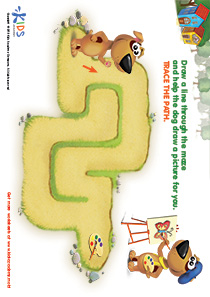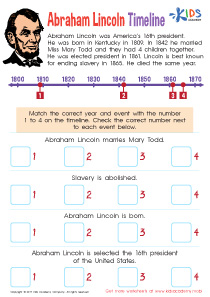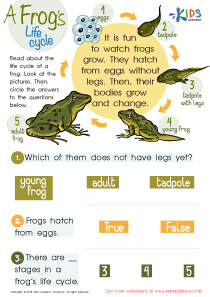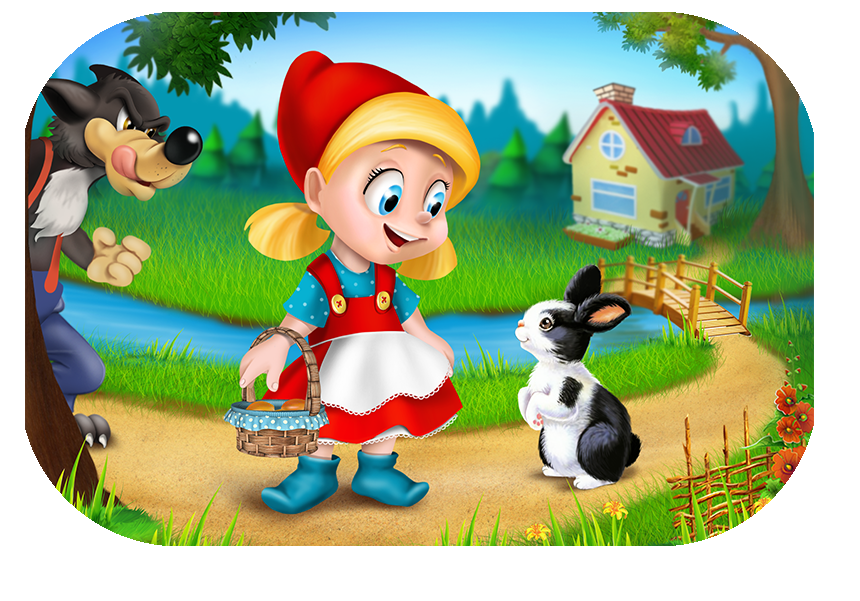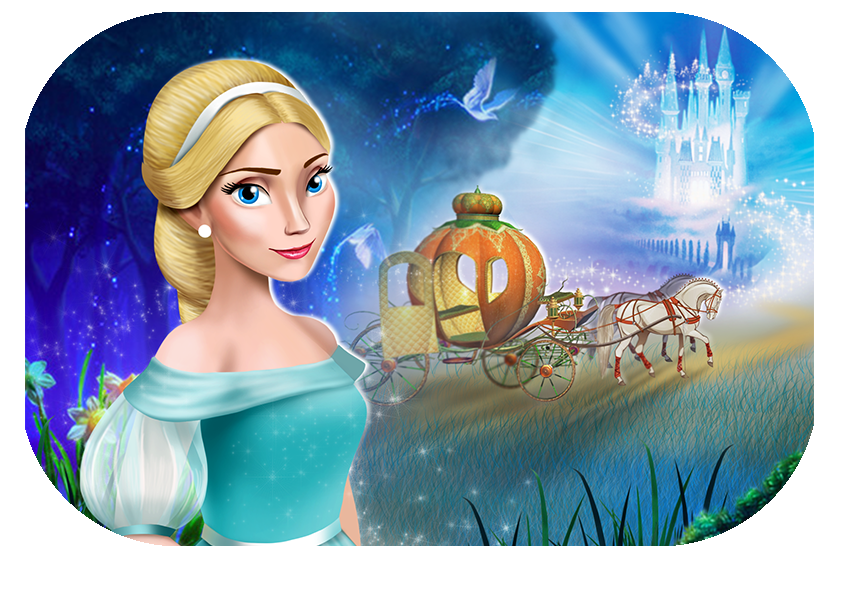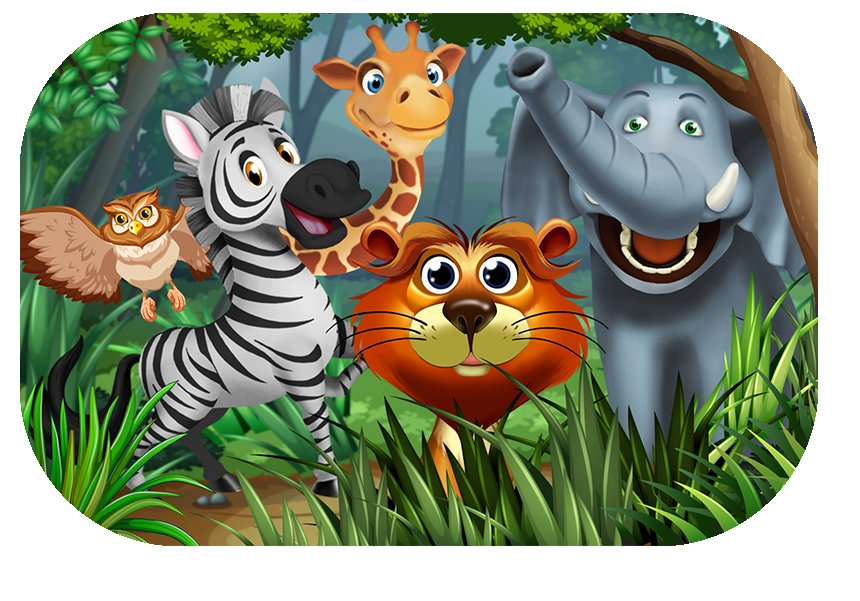English Language Arts Lessons | Answering Questions About Stories Read Aloud (Content), Kindergarten
4 results
Welcome to our Answering Questions About Stories Read Aloud (Content) Lessons for Kindergarten children. Our engaging and interactive lessons are designed to help children enhance their listening and comprehension skills. With a combination of fun worksheets, educational videos, and assessment quizzes, we provide a comprehensive learning experience. Our lessons help children learn how to answer questions about stories read aloud, which is a critical skill for academic and personal success. Through our lessons, children will develop their vocabulary, improve their memory retention, and become confident in their reading comprehension abilities. Join us on this exciting learning journey today!
The Answering Questions About Stories Read Aloud (Content) Lessons in Kindergarten can significantly help young children in their studies. These interactive lessons are designed to provide an engaging and interactive learning experience, helping children develop their reading comprehension skills and become better learners. The lessons consist of worksheets that require children to answer questions about stories that have been read aloud, educational videos, and assessment quizzes that help evaluate children's understanding of the content.
The ability to comprehend what they read is one of the essential skills that children need to learn from an early age. Reading comprehension is the root of all academic success, and the earlier children can develop this skill, the better. Through the Answering Questions About Stories Read Aloud (Content) Lessons, children learn how to understand and interpret stories better, allowing them to communicate more effectively and improve their writing skills.
The interactive worksheets provided in these lessons are fun and engaging. These worksheets require children to recall the key details of a story that has been read aloud and answer questions about the plot, characters, and setting. The questions are designed to test comprehension and improve the child's analytical and cognitive thinking skills. These worksheets typically include various activities such as sequencing events in the story, identifying characters, and predicting what might happen next in the story.
Moreover, the educational videos provided in these lessons are another valuable tool for young children in their studies. These videos aim to reinforce the concepts they have learned from the worksheets and help them understand the material better. The videos usually include animated stories with narration to capture the attention of the child, making it easier for them to comprehend the content.
Finally, the assessment quizzes in the Answering Questions About Stories Read Aloud (Content) Lessons are a fantastic tool for evaluating children's understanding of the content. The quizzes assess how well children comprehend the stories, helping teachers identify any areas where the child needs additional help. It also encourages children to practice reading comprehension more through self-evaluation.
In conclusion, the Answering Questions About Stories Read Aloud (Content) Lessons in Kindergarten are highly beneficial for young children in their studies. These interactive lessons provide an engaging and interactive learning experience and help children develop their reading comprehension skills. By testing comprehension and improving analytical and cognitive thinking skills, these lessons create strong foundations that lay the groundwork for academic success. Using these interactive worksheets, educational videos, and assessment quizzes, teachers can assess children's understanding of the content, making it easier to identify areas where children need additional help.
